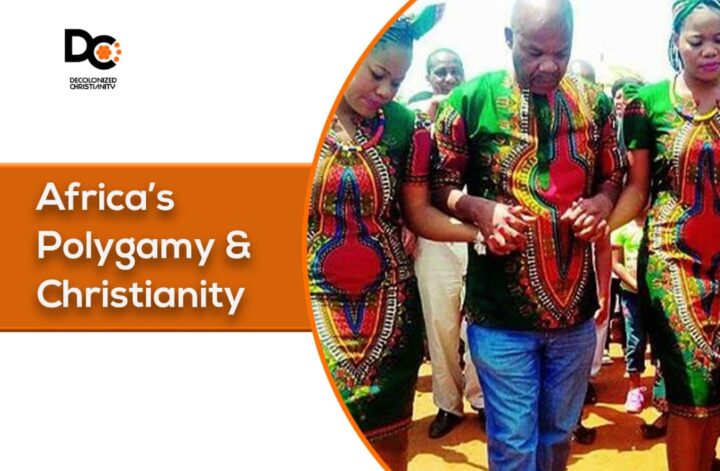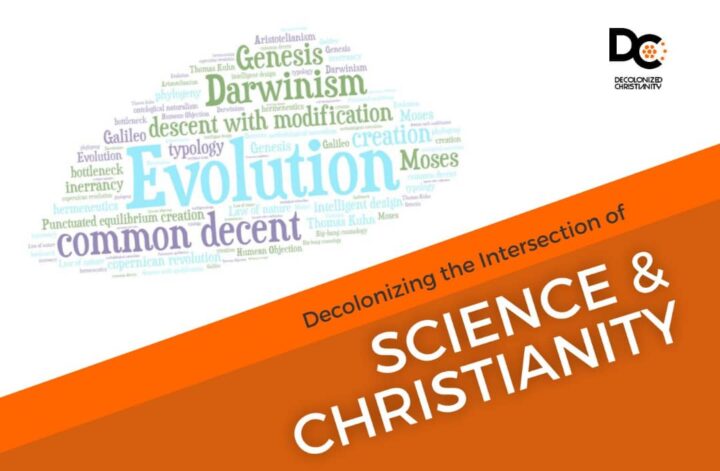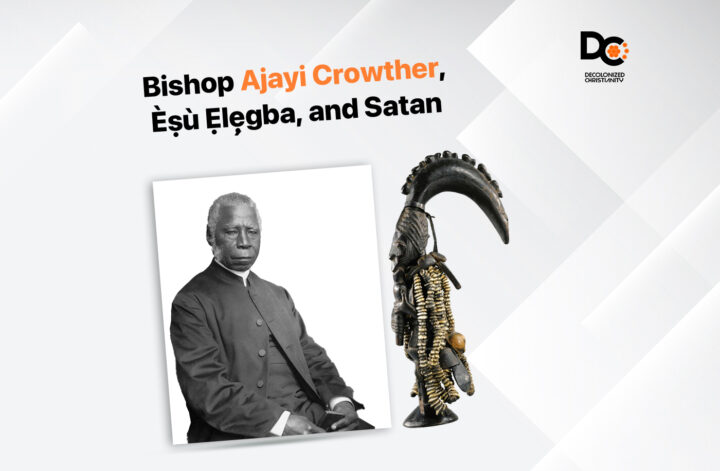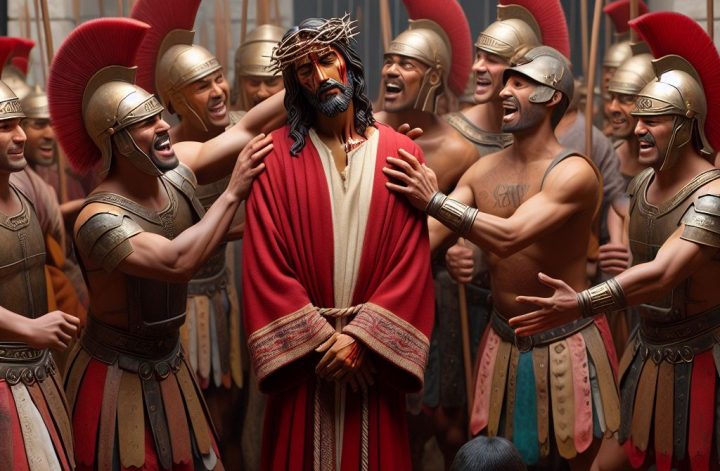It is tempting to conclude that the Adam and Eve story in Genesis is an argument for monogamy. According to this narrative, God wanted to make humans who would manage the earth. Interestingly, he chose monogamy as the means to go about it. If time was a critical factor in God’s project of populating the planet, one would expect him to have opted for polygamy or several simultaneous monogamous relationships.
The relation of the man to his wife is proclaimed to be closer than that to his father and mother. By the words, “shall cleave unto his wife … one flesh,” is asserted the sanctity of marriage. Polygamy is not definitely excluded, but the principle of monogamy seems to be implied in the words “cleave” and “shall be one flesh”.
In other words, one cannot safely conclude that the passage teaches monogamy without additional data. What is certain from the text is the sacredness or divine provenance of marriage.
However, by the seventh generation from Adam, Lamech had figured out polygyny (Genesis 4:19). And the key point to observe here is that there is nothing in the text to suggest that Lamech has sinned or done anything wrong. Hence, the first recorded biblical case of polygamy was without blemish. From Lamech onwards, polygamy and monogamy coexisted. This, of course, was the exact state of things in Africa when European missionaries arrived. To say that polygyny thrived in Africa is not to deny that many Africans also opted for monogamy. Typically, a polygynous marriage begins with monogamy.
Many of the key figures in Hebrew history were polygamous. Whereas Noah had one wife, Abraham had three wives. Similarly, while Isaac had one wife, his children had multiple wives. Esau had three wives. Jacob, through whom the Jews would later descend, had four wives. Therefore, the literal and symbolic tribes of Israel through whom the Messiah would trace his human ancestry are products of polygyny. Once again, it is critical to note that in none of these cases does the text ever condemn a polygamous arrangement.
King David’s immediate lineage is very instructive here, for they pushed the boundaries of polygyny a bit. David was married to eight women in his lifetime. He even secretly murdered a man so he can inherit his wife. Over time, God sends the prophet Nathan to David to inform him that his murderous sin is not hidden after all. Nathan delivers the following message (2 Samuel 12: 7-9):
This is what the Lord, the God of Israel, says: ‘I anointed you king over Israel, and I delivered you from the hand of Saul. I gave your master’s house to you, and your master’s wives into your arms. I gave you all Israel and Judah. And if all this had been too little, I would have given you even more. Why did you despise the word of the Lord by doing what is evil in his eyes?
The prophet says God himself gave David his master’s wives and that he would have added more wives to David had he gone about things the right way. If polygamy was inherently sinful, this would be a good place to read about it. Instead, we read about God claiming through his prophet to have taken part in David’s polygamous life.
King Solomon deserves an honorary mention for his little contributions to polygyny. The bible records Solomon had 700 wives and 300 concubines—he must have been cut out from a different substance (Vibranium, maybe?) than most men today!
It is no surprise that no one uses the Old Testament per se in defense of monogamy, except for the citation of a phrase that recurs in the New Testament. Nowhere in the Hebrew bible is polygamy condemned in its own right. As we shall next see, the same is true for the New Testament as well.
Work Cited
Ryle, Herbert E. “Genesis.” Cambridge Bible for Schools and Colleges, Cambridge: Cambridge UP, 1921. Genesis 2:24, Genesis 2 Cambridge Bible for Schools and Colleges (biblehub.com). Accessed April 10, 2021.





2 Comments